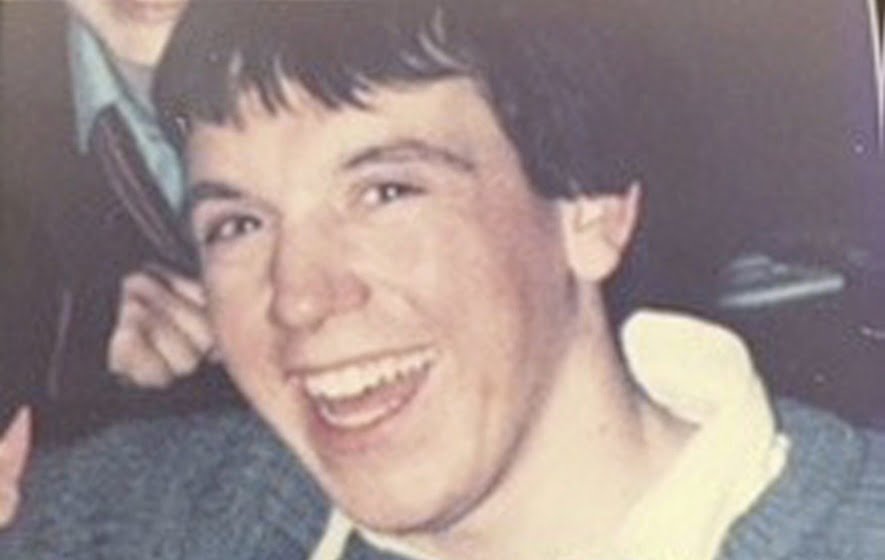The inquest continues into the death of 20-year-old Francis Bradley, who was killed in 1986 by the British Army in a shoot-to-kill operation. Former police and military personnel provided evidence over the last two weeks. Most of the witnesses were granted anonymity and screening, with their names and faces kept from the public.
Police witnesses
Last week dealt largely with the management of the scene of Francis Bradley’s killing. Witness testimony confirmed that police failed to keep an official scene log documenting who entered and exited the premises, and no explanation was offered for this deviation from standard procedure. Sgt McAuley, at that time a sergeant in the HMSU department attached to the RUC’s Special Branch, testified that he allowed the military personnel to leave the scene without questioning them or seizing the weapons they used to kill Francis Bradley. When Karen Quinlivan KC, counsel for the Bradley family, probed the issue, Sgt McAuley claimed that “it wasn’t his job” to mount an investigation.
Military witnesses
Soldiers O and P, from the surveillance sub-unit of the Special Military Unit (SMU), were the soldiers who claimed they saw Francis Bradley unloading a weapon from the boot of a car. It was their supposed identification of Mr Bradley that ultimately led to his death at the hands of the SAS. When Ms Quinlivan questioned their accounts of the sighting, it became clear that their alleged identification of Mr Bradley was based on a “brief glance” as they drove past in a car, they stated that they were ‘100% certain’ that the item Mr Bradley was holding was a weapon because it was ‘the length of a weapon.’
The most alarming part of their testimony, however, dealt with an interaction where Soldiers O and P claim that while they were parked near a local café, a known IRA vehicle carrying five individuals parked in a position that blocked the soldiers’ car from leaving. Soldier P stated that she was genuinely fearful for her life during what she described as a ‘standoff.’ The credibility of Soldier O’s statement about the encounter was questioned by Karen Quinlivan KC – If the soldiers truly believed they were entering a possible armed confrontation with the IRA, why did they not call for assistance when they knew at least two designated backup teams were within a mile of their location? The soldiers’ explanations were lacklustre and directly contradicted evidence given by their superior officer. It was then suggested that Soldiers O and P exaggerated the interaction to elevate the level of threat on the night of Francis Bradley’s murder.
The final witness of the week was Soldier M, the ground commander on the night in question. He was not present when Francis Bradley was shot. Soldier P recalls that the goal of the operation was to arrest IRA members for holding weapons, and he was tasked with making several critical decisions that night. He chose not to arrest the man Soldiers O and P identified as Francis Bradley, despite Francis Bradley being alone. Soldier M stated that he elected to wait for a situation where he could potentially implicate more individuals in holding weapons, despite the increasing the risks to life.
Three of the soldiers involved in Francis Bradley’s death have been implicated in other fatal shooting incidents. The soldiers are set to testify in this inquest, but cannot give evidence until the coroner makes a ruling on cross-referencing (how, if at all, the other cases may be referenced during this inquest). Lawyers for the PSNI, MOD and former soldiers opposed cross-referencing.
Throughout the inquest, State parties have also failed to meet agreed-upon deadlines, including failing to provide soldiers’ statements to the Bradley family’s lawyers. Ms Quinlivan has raised the issue consistently, noting that the tardy and inconsistent arrival of such documents affects her ability to effectively cross-examine witnesses. Additionally, during her questioning of military witnesses, Ms Quinlivan was subjected to continuous interruptions by State parties making claims of “security concerns”. The application of PII in the case has created notable delays, and the PII debate continued in closed proceedings on Thursday the 29th of February.
The inquest continues next week.











